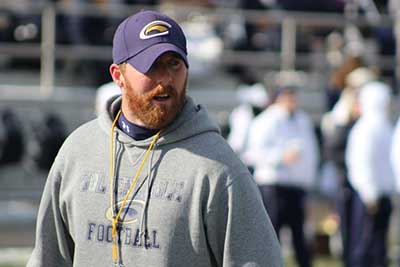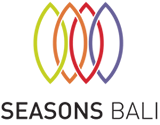The Benefits Of A Life Coach In Addiction Treatment
Chances are, you have had some experience with a type of coach in your adult life. If you have ever used a personal trainer at a gym, you can say that you have experience with a kind of coaching. The trainer designs your workout, nutrition plan, or may assist with any other individual goals you may have in mind. A personal trainer uses their knowledge of physical education, weightlifting, nutrition, or any additional related training they have to help coach you achieve those goals.
Addiction life coaching, also known as recovery coaching, is a form of strength-based behavioural health support for an individual who is suffering from a type of substance use disorder or that is in recovery. It is a way to change a person’s life by altering their thought process. Professional recovery coaches help an addict to make better life decisions and spend less time struggling. They can assist in many different facets of recovery, such as detox, harm reduction, addiction treatment, and gaining the support of family members and loved ones.
Despite the evidence, your own experience and worldview can shape what you will believe about addiction being a disease or a choice. Your view can empower you by giving you the keys to understanding how addiction works. Knowledge, in this case, is power. Research indicates that treatment and changes in policy are likely to result from whether addiction is a disease or not. Although the experts have their view, remember that your opinion is the one that can impact you the most.
What Does A Recovery Coach Do?
The primary purpose of addiction life coaching is to improve an individual’s life, and state of mind, as well as help, reach specific goals that have been set. Together, the coach and the client would come up with a recovery plan and a particular set of objectives.
Traditional therapy sessions typically deal with a person’s past and feelings, while addiction life coaches are non-clinical and do not diagnose or specifically treat addiction or mental health issues. This method of recovery support works under the assumption that enjoying life in recovery will lead to maintaining a successful and productive life in recovery.
The main goal of an addiction life coach is to form a solid foundation geared toward recovery. Addiction recovery coaches help clients recognize the positive things in their lives and their strengths. These strengths may include resourcefulness, creativity, resilience, and whatever else the life coach feels is necessary so they can use them to overcome challenges. They try to make sure the addict has things they want to achieve in life to assure them that recovery is worth the hard work.
Life coaches undergo specific training and practice hours to gain certification. There are various training programs and certifications available, and most offer different levels of accreditation. Training for 60 hours and working with clients for 100 hours will earn an associate certificate. The next level up is a professional certification. A master certification requires 200 hours of coach training, 2,500 hours of working with clients, and 10 hours spent working with a mentor.

Finding A Recovery Coach
A Recovery coach can play at any stage of recovery. She should be the first professional you hire when you decide you want to end your addiction. Here are some things to know about hiring a recovery coach:
Recovery will be better with a coach than it will without one
Don’t waste a lot of time worrying about which recovery coach is best for you. It’s nice to have the right fit, but it’s better to get started with the wrong one than not get started at all.
Organization is a crucial skill for a Recovery Coach
It is a good idea to consider hiring to demonstrate his/her ability to remain organized and bring solutions to chaotic situations. Whether they are on time for your interview, how they are dressed, and whether their personality seems chaotic and scattered or relaxed are some good indicators that you could use.
Get recovery coach recommendations from someone who has used them before
You could ask anyone involved in rehab to make some recommendations. Most rehab facilities should also be able to offer you some resources to help.
When To Use Recovery Coaching
People in rehab for an addiction use Recovery Coaches to help them stay on their program and make essential changes to their habits and lifestyle. Immediately following rehab, relapses rates are high. Engaging a recovery coach during this time can significantly reduce your chances of relapse. While you are in rehab, you learn about specific relapse triggers. Places, people or activities that increase your desire to use drugs again are all examples of these triggers. Some of these are universal, like stress. Stress is a significant relapse trigger for everyone, but there are also more personal triggers that each individual learns about that are unique to their addiction.
These specialized recovery coaches help people deal with their unique situations.

Can You Use A Family Member?
For some people recovering from addiction, family intervention is essential. Addiction can run in families, and there can be other connections between the addiction and the immediate family. In some cases, the relationship is not as crucial as the situations that they may be putting you in. People in recovery may be significantly affected by the people they live with, no matter what the state of the relationship is in.
Transformation Starts Here
Taking that first step towards recovery is one of the most powerful things you can do. If you or a family member need help and you want to get the best treatment possible, get in touch with us now. With over twenty years of helping people to find peace in recovery, we are South East Asia’s Leading Addiction Treatment Centre.





